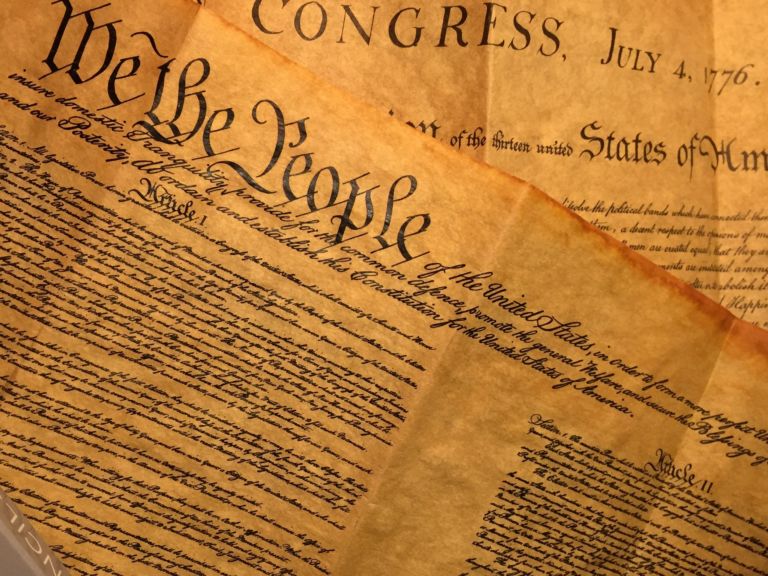Jenna Silber Storey and Benjamin Storey ponder universities’ reluctance to consider worthwhile reforms.
Because criticism of the university from the outside comes most intensely from the right, and professors and administrators on the inside are mostly on the left, it is natural for insiders to respond to external critics by appealing to partisan passions, summoning one another to the barricades, and attempting to repel the barbarian onslaught.
But framing the conflict in simple culture war terms misses important distinctions between the kinds of proposals the right is making for university reform. While some of those proposals would dismantle the university’s exceptional culture and are reasonable to oppose, others go with the university’s distinctive grain and deserve a more receptive hearing. University insiders should make an effort to distinguish between these two different kinds of proposals, even if they are packed into the same bill. …
… Other proposals coming from the right, however, reflect an understanding of the university’s and can serve to strengthen it by giving professors and students the intellectual breathing room they need to do their work better. These proposals include rules to protect freedom of inquiry, to maintain institutional neutrality, and to protect conservative and religious student groups from undue interference. Some advance novel institutional innovations to help colleges better realize their aspirations to promote intellectual freedom and integrity, such as the creation of an independent judicial branch of the university.
But the proposals coming from the right that would most significantly assist universities in strengthening their distinctive cultures while regaining broad public trust are those that seek to help a more capacious range of ideas find a home on campus. Higher education’s trust problem is closely linked to its perceived partisanship; even Americans who love their alma maters do not like to see them become sectarian shops. Academics themselves increasingly recognize that there are important questions that go unasked, papers that go unwritten, and courses that go untaught when the faculty and administrative ranks of the university are drawn, by margins of at least ten to one, from a single side of the political aisle.


